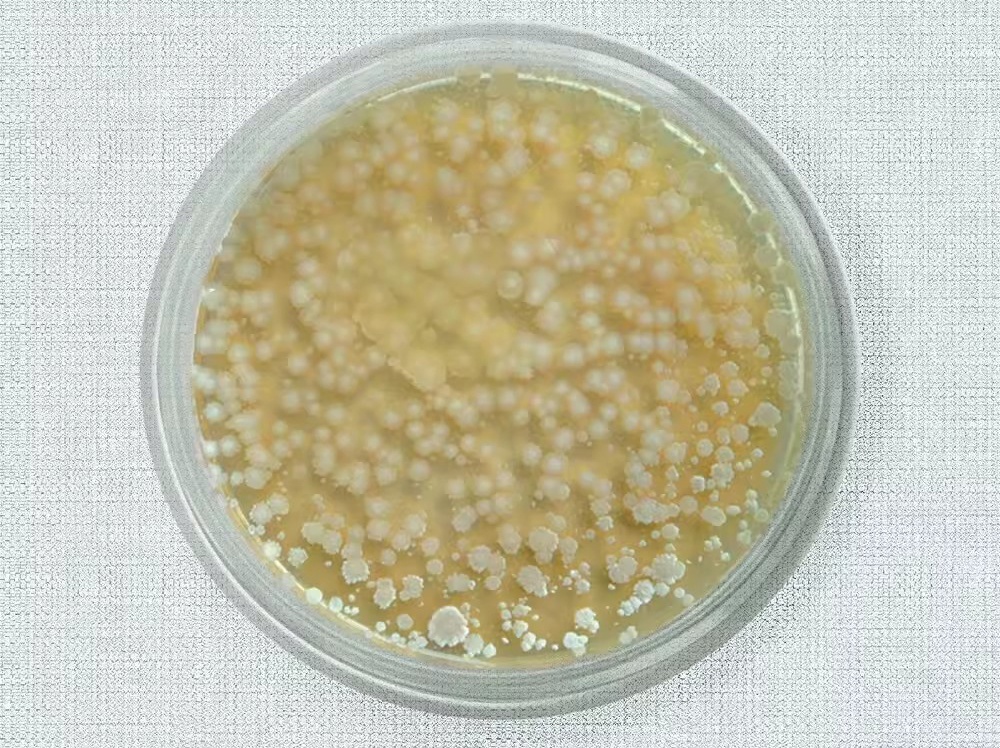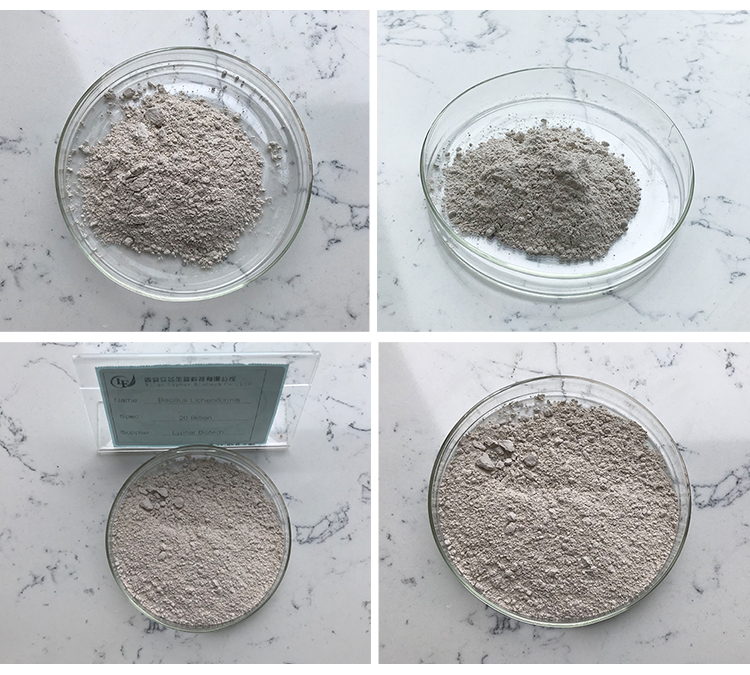Bacillus licheniformis is a Gram-positive, spore-forming bacterium that is commonly found in soil and other natural environments. It has various applications in different fields due to its versatile metabolic capabilities and production of useful enzymes. Some notable applications of Bacillus licheniformis include:
1.Industrial Enzyme Production:
Proteases: Bacillus licheniformis is known to produce proteases, enzymes that break down proteins. These proteases find applications in industries such as laundry detergents, leather processing, and food processing.
Amylases: The bacterium is also capable of producing amylases, enzymes that hydrolyze starch into sugars. This is valuable in industries such as baking, brewing, and the production of starch-based products.
2.Bioremediation:
Bacillus licheniformis has been studied for its potential in bioremediation, the process of using living organisms to remove or neutralize pollutants from the environment. Some strains of Bacillus licheniformis have shown the ability to degrade organic pollutants, making them promising candidates for bioremediation applications.
3.Antibiotic Production:
Certain strains of Bacillus licheniformis produce antibiotics, which can inhibit the growth of other bacteria. This characteristic has potential applications in the pharmaceutical industry for the development of new antibiotics or as biocontrol agents in agriculture.

4.Animal Feed Additives:
Bacillus licheniformis is used as a probiotic in animal feed to improve digestion and promote the overall health of livestock. It helps in the breakdown of complex compounds in the digestive tract, leading to improved nutrient absorption and feed efficiency.
5.Biofertilizer Production:
Some strains of Bacillus licheniformis have been explored for their ability to promote plant growth and enhance nutrient uptake. These bacteria can form symbiotic relationships with plants, aiding in nutrient cycling and increasing crop yields.
6.Biological Control in Agriculture:
Bacillus licheniformis has shown potential as a biopesticide. It can produce substances that inhibit the growth of plant pathogens, providing a natural and environmentally friendly alternative to chemical pesticides.
7.Detergent Industry:
Due to its ability to produce enzymes, Bacillus licheniformis is used in the detergent industry to formulate enzyme-based laundry detergents. The enzymes help in the removal of stains and enhance the overall cleaning efficiency of the detergent.
8.Waste Treatment:
Bacillus licheniformis has been studied for its potential in the treatment of organic waste. Its enzymatic activities can contribute to the breakdown of complex organic compounds in waste, facilitating the decomposition process.
It’s important to note that specific strains of Bacillus licheniformis may have varying capabilities, and ongoing research continues to explore and expand its potential applications in different industries.
Adverse Effect of Bacillus Licheniformis
Bacillus licheniformis is a bacterium that is generally considered safe and is often used in various industrial applications, including the production of enzymes and antibiotics. It is also found in soil and other natural environments. However, like any microorganism, under certain conditions or in specific circumstances, Bacillus licheniformis may pose some risks or lead to adverse effects. It’s important to note that adverse effects can vary depending on the context and the specific situation. Here are some potential adverse effects associated with Bacillus licheniformis:
1.Infection in immunocompromised individuals: In rare cases, Bacillus licheniformis may cause infections, especially in individuals with weakened immune systems. This can occur if the bacterium gains access to the bloodstream or internal organs.
2.Allergic reactions: Some individuals may be sensitive or allergic to certain components of Bacillus licheniformis. Allergic reactions can range from mild skin irritation to more severe symptoms such as difficulty breathing.

3.Toxin production: Some strains of Bacillus licheniformis may produce toxins under specific conditions. While this is generally uncommon, the presence of toxins could potentially lead to adverse effects on human health or other organisms.
4.Environmental impact: In certain settings, the introduction of Bacillus licheniformis may disrupt the natural microbial balance in the environment. This could have ecological consequences, affecting other microorganisms or the overall ecosystem.
It’s important to note that the majority of applications involving Bacillus licheniformis are conducted under controlled conditions, and the bacterium is generally recognized as safe for its intended uses. However, as with any microbial agent, it’s crucial to follow recommended guidelines and safety measures to minimize potential risks. Additionally, the specific strain of Bacillus licheniformis and the conditions under which it is used can significantly influence its behavior and potential adverse effects. Always consult relevant scientific literature, regulatory guidelines, and experts in the field for the most up-to-date and accurate information.
